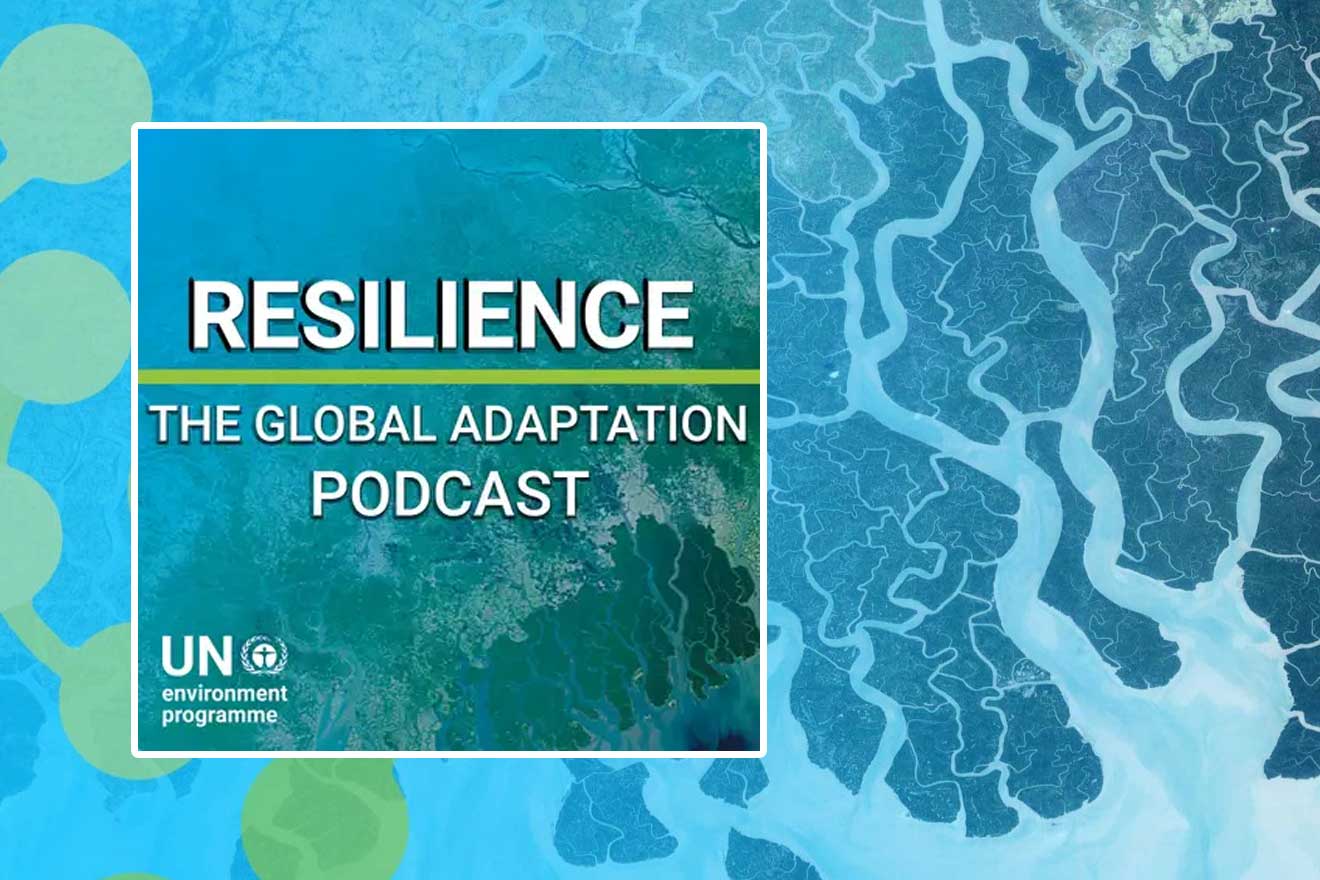Fifty years after Jaws, UN Ocean Patron Lewis Pugh is swimming 96km around Martha’s Vineyard to shift perceptions and highlight the real threat sharks face, mass killing by humans, not the other way around.
UNEP
From AI to ecosystems, intelligence surrounds us but solving plastic pollution requires action, not just innovation, as we observe World Environment Day.
“I love the river because I was born here. I want to take care of it even in small ways,” says Bakri, a 43-year-old river ranger volunteer in Depok City, Indonesia. He owns a small store along the riverbank, and his home borders Depok and Bogor, an area supported by the Ciliwung River, which flows over 100 kilometers to the Java Sea and serves over 3.8 million people. The Integrated River Basin Management (IRBM) Project aims to strengthen local governance for sustainable management of the Ciliwung River Basin, enhancing community engagement, especially among women and vulnerable groups. Financed by the Global Environment Facility and implemented by the United Nations Development Programme, the project focuses on reducing pollution and adapting to climate change in six countries of the Association of Southeast Asian Nations.
Jordanian designer Batoul Al-Rashdan transforms food waste into biodegradable fashion, challenging fashion’s wasteful practices on International Day of Zero Waste, and promoting sustainability and innovation.
Glacier grafting in Gilgit-Baltistan transplants ice to shaded valleys, creating glaciers that sustainably store and release water, combating climate change.
The Mesoamerican Reef, spanning 1,000 km across four countries, is under threat from climate change and pollution, prompting initiatives like MAR+Invest, which supports local businesses and conservation efforts to preserve this vital ecosystem.
With a looming planetary crisis, experts stress the need for more women in science. UNEP’s Susan Gardner discusses the importance of gender equality in environmental solutions.
The revival of Chile’s Cahuil Lagoon showcases sustainable conservation’s success, as wetlands globally decline by 85% since 1700s, threatening ecosystems due to climate change and urbanization.
To curb nitrous oxide emissions, we need to reduce synthetic fertilizer use, adopt more sustainable farming practices, and invest in better nitrogen management technologies.
Saint Kitts and Nevis launches drought forecasting system to help farmers adapt to climate change and ensure food security.
Thawing Arctic permafrost, accelerated by climate change, could release dormant, deadly microbes and pathogens, posing a growing threat to both human health and the environment.
In this episode from UNEP's "Resilience: The Global Adaptation Podcast", we dive into questions related to how the media covers climate adaptation. What makes a climate story go viral? Why are stories so important for making sense of the climate crisis? How can the media convey the urgency without breeding despair? Lis and Marcus sit down with The New York Times’ adaptation reporter Christopher Flavelle to explore these questions. Plus, the filmmaker and explorer Malaika Vaz shares what it’s like to capture victims of the climate crisis and tell their story to a global audience.
Every year since 2005, UNEP honours individuals and organizations working on innovative and sustainable solutions to address the triple planetary crisis of climate change, nature and biodiversity loss, and pollution and waste.
In 2024, UNEP honours six bold environmental leaders working on innovative and sustainable solutions to restore land, enhance drought resilience, and combat desertification.
The Global Fund for Coral Reefs aims to protect climate-resilient coral reefs and transition coastal economies to "ocean-positive" practices.










